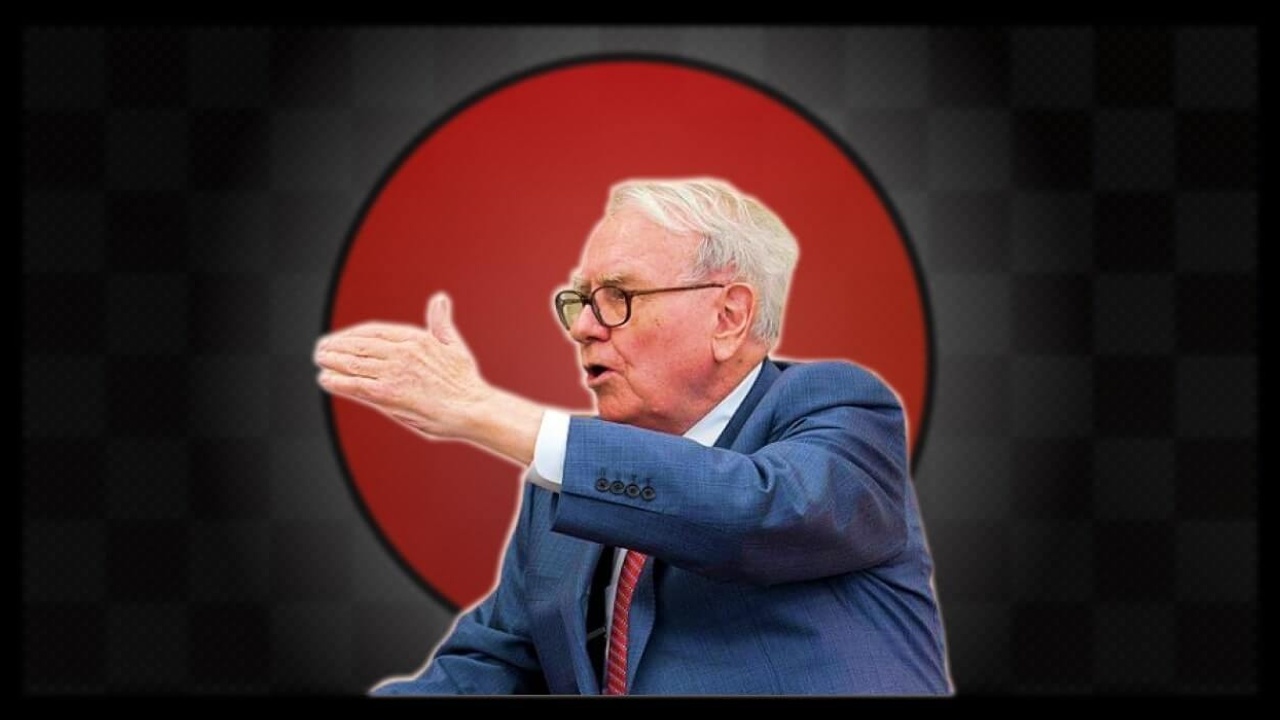Why Warren Buffett Called Berkshire Hathaway A $200bn Mistake
May 18, 2021
It’s hard to believe Warren Buffett was once young and emotional. We’re so used to seeing him at the top of Forbe’s rich list that we forget he’s not perfect.
In 1964, he was already a millionaire but made what he calls “a monumentally stupid decision”.
He had spotted a remarkable opportunity to make money at a failing textile business called Berkshire Hathaway. The management was selling their excess mills and using the profits to buy back their own stock. All Buffett had to do was hold his shares until they knocked on his door with a high enough offer.
As expected, Seabury Stanton, the man in charge, sent out a letter one day asking to buy shares from shareholders. He agreed on a price of $11.50 with Buffett and both men seemed happy. Yet these were the days before email so it took weeks for the agreement to arrive in Buffett’s postbox.
The contract had a small surprise. Stanton had lowered the offer by an eighth of a dollar. A small difference but Buffett didn’t think so:
“This made me mad. So I went out and started buying the stock, and I bought control of the company, and fired Mr. Stanton.” — Warren Buffett
When I get angry, I go for a walk or eat junk food. I don’t spend most of my company’s wealth to prove a point!
This fit of rage cost Warren Buffett spectacularly. He claimed in 2010 that “Berkshire would be worth twice as much as it is now” if it hadn’t started as a failed textile company. He estimated the loss as $200bn or about what Salesforce and PepsiCo are worth today.
While it’s useful to learn from the successes of the world’s greatest entrepreneurs, it’s just as important to learn from their mistakes.
Rage is not a good look
Seabury Stanton, the man who Buffett took delight in firing, was 72 years old at the time. He had spent his entire adult life working for Berkshire Hathaway and had been training his son to take over when he retired.
Something doesn’t feel right about a young millionaire going out of his way to fire a senior citizen.
When you think about it, the difference in what Stanton offered to pay for the shares was only 1% less than the agreement. It’s even more ridiculous when you realize Buffett bought the shares at $7.50 so would have made a 50% return in two years anyway!
This was far from the crime of the century.
By being so sensitive to a perceived insult, Buffett put his investors’ wealth at risk as well as his reputation. I would not be happy if I was invested in his fund and found out he used my money to fund his personal vendetta without a plan to make any profit.
At the time, no one could have known Berkshire Hathaway would be transformed into an investment vehicle for companies like Coca-Cola and Bank of America. To call it a good decision would be abusing hindsight and few would have made this claim at the time.
Sometimes in business, people will act in a way you don’t like and it’s tempting to want to react. Will you be proud of yourself in 50 years’ time if you react in anger? You can’t let people’s actions get to you and potentially set you on a destructive path.
Buffett’s friend, Charlie Munger, advised him against taking control of Berkshire Hathway but was ignored. By listening to someone you trust when you feel emotional, you can help avoid a potential catastrophe. The history books will be kind to Buffett but you can’t be sure they’ll be the same for you.
Act with integrity even when you think someone else hasn’t.
Get out of the swamp
‘When a manager with a reputation for brilliance, meets up with a business with a reputation for bad economics, it’s the reputation of the business that remains intact.’ — Warren Buffett
Buffett would have never bought a textile company in a rational state of mind. The industry was in decline and it doesn’t match any of the logic he has since made world-famous. Yet even after achieving his goal of dishing out revenge to Seabury Stanton, he didn’t cut his losses.
Stubbornness can be a virtue for an entrepreneur but it can often be a sin.
Buffett didn’t want to give up so put a “terrific” manager and even bought another failing textile company hoping for synergies. Nothing worked. He kept throwing good resources into the hole for a further 20 years. As he says “even stupidity has its limits.”
It’s sad when people with high potential waste their talents where the chances of success are so low and they could be making an impact elsewhere. You can have the fastest car in the world but if you drive it through a swamp, it isn’t going anywhere.
Entrepreneurs need courage and a sprinkle of self-delusion to believe they can do something others can’t. It’s critical not to overdose on the second part to avoid making the same mistake as Buffett. We can all appreciate he is a business genius and he admitted defeat so you can too.
Hopefully, you can do it faster than he did and free up your life to do other great things.

